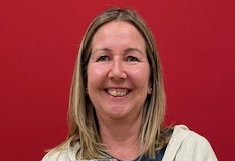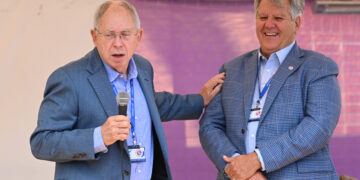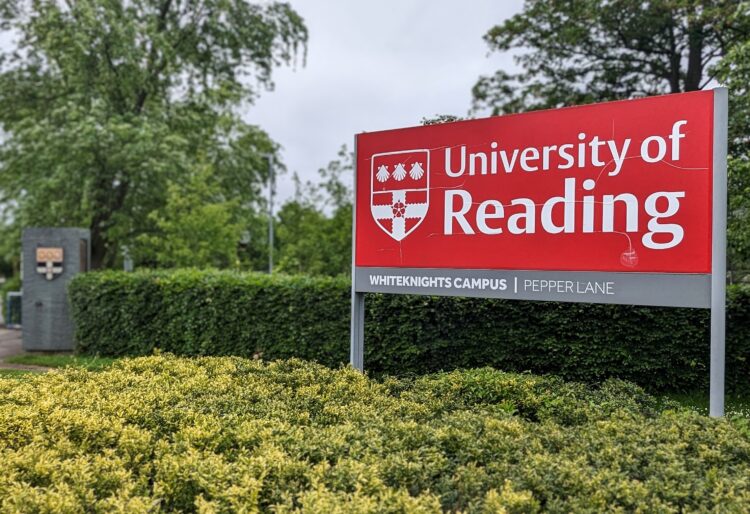A NEW film-based teaching project is helping future pharmacists at the University of Reading to care for d/Deaf patients, those from diverse cultural backgrounds, and other underserved groups
The initiative uses video vignettes created by students at the Department of Film, Theatre & Television to help pharmacy students recognise and respond to non-verbal cues they may encounter in practice–improving patient safety, communication and trust in healthcare settings.
The project produced four vignettes depicting complex patient interactions: a d/Deaf patient communicating through an interpreter, a trans patient during a health consultation, an elderly patient who downplayed their pain, and patients from different cultural backgrounds who express pain in varying ways.
The initiative emerged from student feedback identifying challenges in recognising non-verbal cues in potentially sensitive scenarios.
Traditional workshops proved insufficient for translating this knowledge into practice, prompting the development of interactive, film-based learning.
Film, Theatre and Television students undertook production planning, script refinement, shooting and editing as part of their Commercial and Community Filmmaking module.
Filming took place at the University’s Clinical Simulation Training Suite between December last year and January this year.
The vignettes were delivered to pharmacy students during workshop sessions in April and May.
Feedback from students shows increased confidence in interpreting cultural cues, with a research study currently underway to formally evaluate educational impact.
The project was funded through the University’s Teaching and Learning Enhancement Projects (TLEP) scheme and was recently presented at the Advance HE Teaching and Learning Conference (June 2025).
The team has acquired filmmaking equipment to enable future projects and welcomes collaborations with educators across the sector.
The university marks Disability History Month (November 20–December 20), in which the it is highlighting this interdisciplinary collaboration between the School of Pharmacy and Department of Film, Theatre & Television.
The collaboration has already reached over 200 students.
Dr Atta Naqvi, from the School of Pharmacy, and who led the project, said: “Research with our students on placement showed specific challenges – from interacting with patients from the d/Deaf community to recognising when cultural norms affect how someone reports pain.
“These vignettes allow students to observe and reflect on real-world scenarios in ways traditional teaching cannot achieve.”
Dr Shweta Ghosh, from the Department of Film, Theatre & Television, said: “This collaboration demonstrates how film can serve as a powerful educational tool in disciplines beyond film studies and media production.
“Our students gained valuable experience creating content with genuine social impact, while helping future healthcare professionals develop vital communication skills.”
Dr Sam Bizley, from the School of Pharmacy, said: “When healthcare education embraces real stories and real faces, students learn not just to treat patients, but to truly understand them.
“In these moments of authentic learning, students gain the confidence and sensitivity needed to deliver safe, more inclusive healthcare.”
























